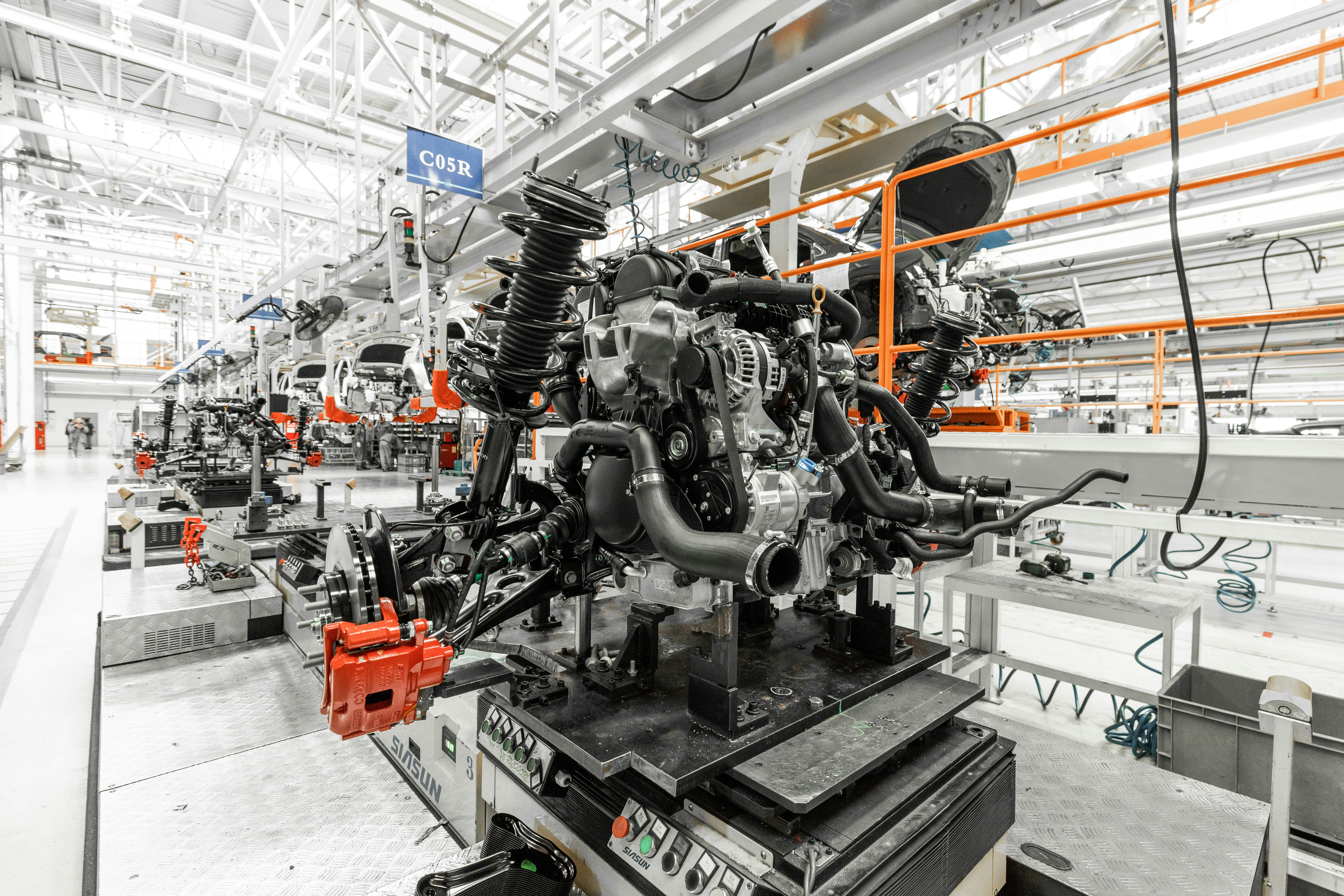
The Foundation of Automotive Expertise
Mechanical knowledge has always been at the core of the automotive world. While modern cars now incorporate advanced electronics, sensors, and software, their essence remains deeply mechanical. Understanding how engines combust fuel, how transmissions transfer power, and how suspension systems stabilize a vehicle ensures that automotive professionals can diagnose issues beyond what a computer screen reveals. For enthusiasts and professionals alike, this knowledge forms the foundation upon which innovation and safety stand.
Bridging Traditional Mechanics with Modern Technology
In today’s automotive landscape, the line between mechanics and technology has blurred. Cars are equipped with complex software systems, autonomous features, and digital dashboards. Yet, every algorithm still controls a mechanical process—whether it’s braking, steering, or fuel injection. Without mechanical knowledge, even the most advanced diagnostic tools can become useless. For instance, when a technician reads a fault code from an onboard computer, they must still understand the physical systems behind the code to solve the problem effectively. Mechanical knowledge bridges that critical gap, ensuring technology doesn’t outpace the industry’s ability to maintain it.
The Role in Safety and Reliability
Safety is one of the most compelling reasons why mechanical knowledge matters. Every time a car hits the road, drivers place trust in its brakes, steering system, tires, and structural integrity. These systems are mechanical at their core. Knowing how and why they fail, and how to prevent such failures, is essential to protecting lives. Consider braking systems: while modern vehicles feature anti-lock braking systems (ABS) and advanced electronic stability programs, their effectiveness ultimately relies on fundamental mechanical principles like hydraulic pressure and friction. Mechanical expertise ensures these systems operate reliably, preventing accidents and saving lives.
Empowering Innovation and Design
The automotive industry thrives on innovation, from hybrid powertrains to electric vehicles and hydrogen fuel cells. Yet, each of these advancements relies heavily on mechanical engineering. Electric motors may replace combustion engines, but the design of gears, axles, and chassis remains mechanical in nature. Engineers who possess strong mechanical knowledge are better equipped to push boundaries, creating lighter, more efficient, and safer vehicles. For example, the push for sustainability in the industry depends on innovations in aerodynamics, lightweight materials, and energy transfer—areas where mechanical understanding is indispensable.
Practical Benefits for Everyday Drivers
Mechanical knowledge isn’t just for engineers and technicians. Everyday drivers benefit immensely from understanding the basics of how their cars work. Knowing the signs of a failing alternator, the importance of proper tire inflation, or the sounds of a struggling transmission can save both money and stress. A driver who can describe symptoms clearly to a mechanic helps streamline repairs, avoiding unnecessary costs. Moreover, basic maintenance tasks—such as changing oil, replacing filters, or checking fluid levels—become second nature with a little mechanical know-how, extending the life of the vehicle.
The Workforce Advantage
In the automotive workforce, mechanical knowledge creates professionals who are adaptable and in demand. With vehicles becoming more complex, the industry needs technicians who understand both old-school mechanics and modern computerized systems. Employers value workers who can transition between wrenching on an engine and interpreting diagnostic software. In fact, many of the best technicians are those who combine mechanical intuition with technological literacy. This blend of skills ensures job security and career growth in a rapidly evolving industry.
Passing Knowledge Across Generations
Another reason mechanical knowledge matters is its role in preserving and passing down automotive culture. Classic cars, vintage restorations, and even motorsports rely on generations of accumulated mechanical wisdom. Enthusiasts who maintain and restore older vehicles keep history alive, often using knowledge that predates digital technology altogether. In doing so, they highlight the timeless relevance of mechanical expertise, showing that no matter how advanced vehicles become, the core principles remain unchanged.
A Future Built on Mechanics
The automotive world is undeniably moving toward a future filled with electric, autonomous, and digitally connected vehicles. Yet, mechanical knowledge will remain a cornerstone of progress. It ensures safety, empowers innovation, and provides the skills needed to keep vehicles on the road. From engineers designing the next generation of cars to drivers performing simple maintenance, this knowledge fosters confidence, reliability, and growth in the industry. In short, while cars evolve, the importance of understanding their mechanical heart will never fade.